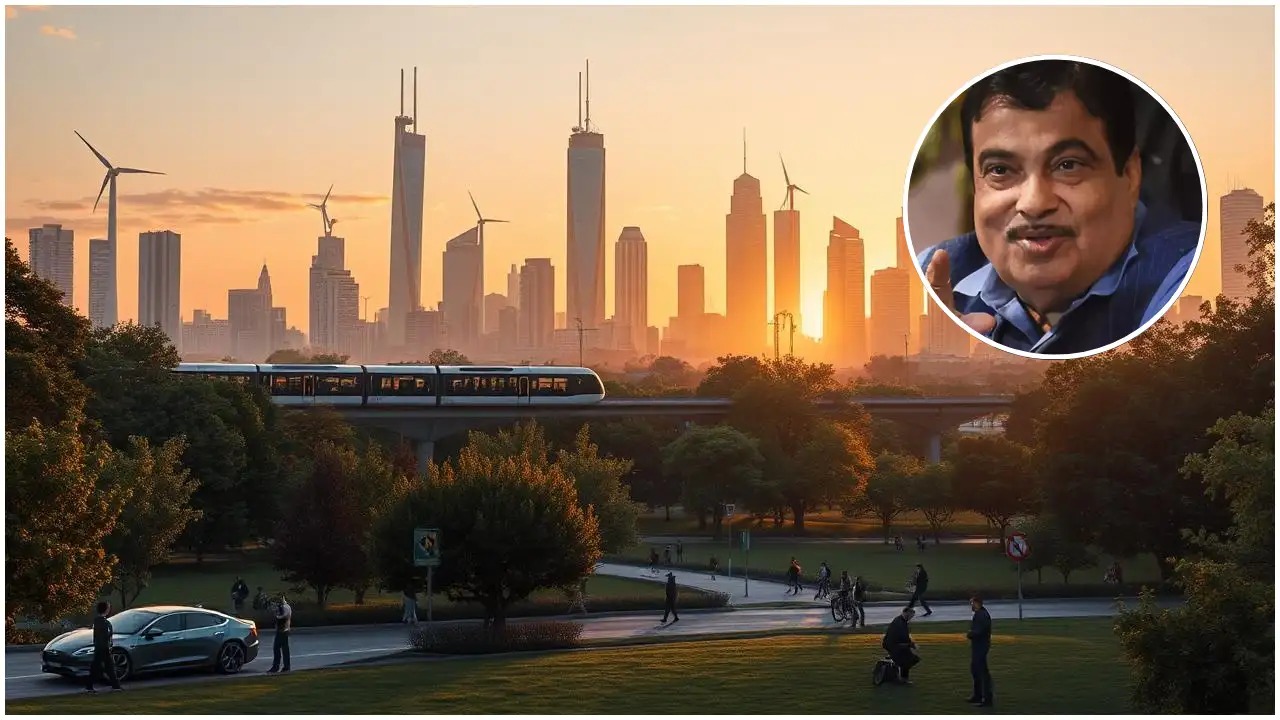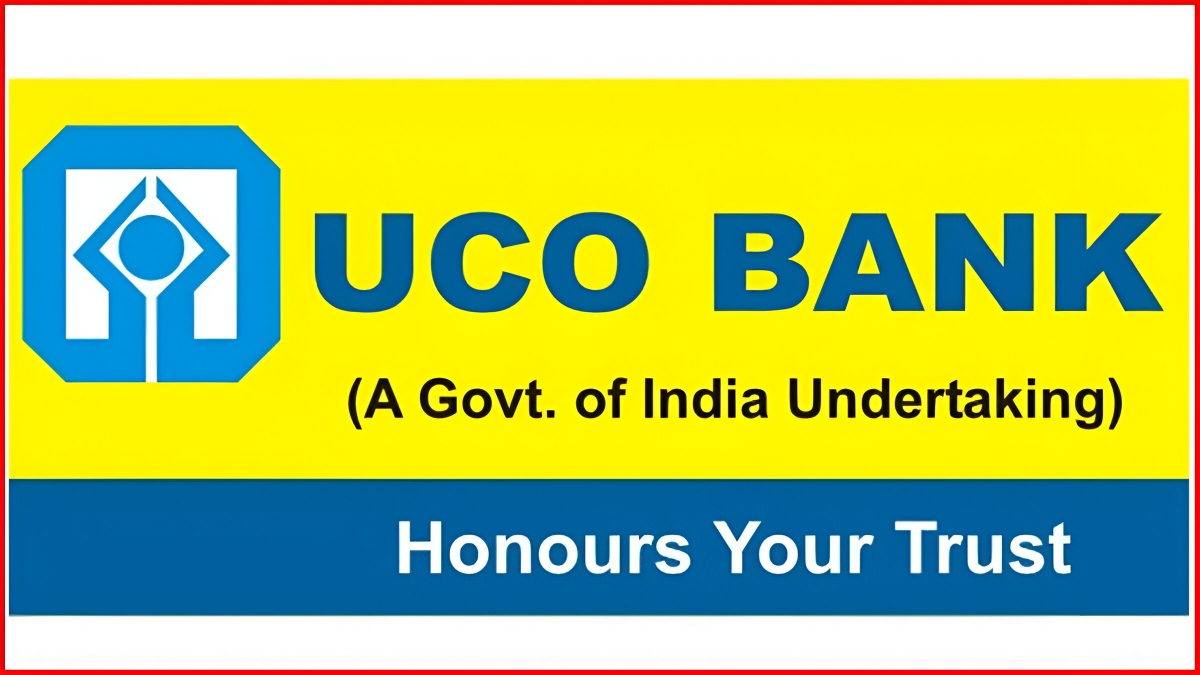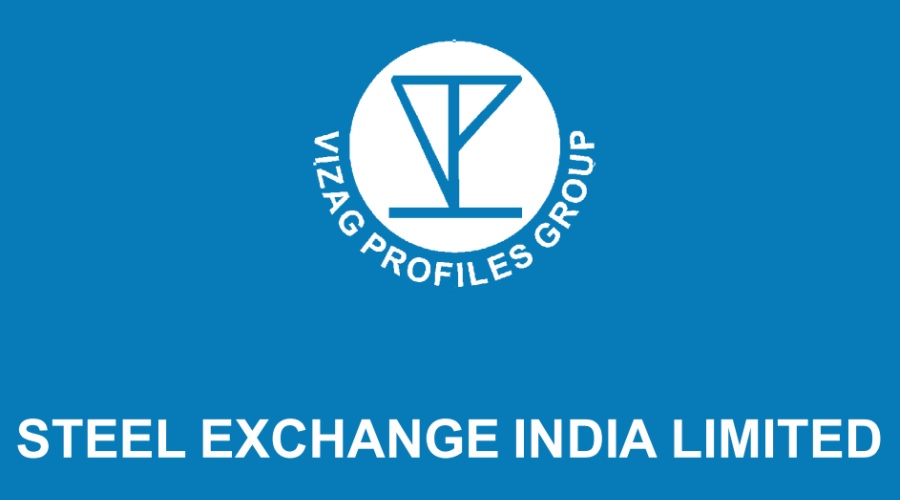
Follow WOWNEWS 24x7 on:
Updated: July 21, 2025 06:54

Union Transport Minister Nitin Gadkari has claimed that India's electric, hydrogen, and flex-fuel sectors will be the largest in the world in five years' time. In an Economic Times Roundtable, he painted a picture of grand energy independence, rural renewal, and environmental renewal.
Key points of the announcement:
India plans to reduce GST on higher ethanol content fuel blends to encourage the demand for 100 percent ethanol vehicles.
Gadkari stressed using excess food grains to produce fuel, connecting agriculture to energy to increase farm incomes
Eleven large automakers, such as Tata, Mahindra, Toyota, and Hyundai, are working on developing flex engines for vehicles and two-wheelers
Ethanol-powered generators and farm machinery are also on the drawing board
India's car industry is now the world's third largest, worth ₹22 lakh crore
Environmental and economic impact:
India spends ₹22 lakh crore every year on importing fossil fuels and 40 percent of air pollution comes from transportation.
Ethanol, bio-diesel, bio-energy, methanol, and hydrogen are promoted as cheap and green alternatives
Bamboo is also researched as an alternative fuel to coal in thermal power plants since it possesses high calorific value and reduced emissions
Vision for policy and infrastructure:
Gadkari plans to transfer 100 km of national highways daily, from 23 km in FY24
New CAFE 3 regulations will balance electric and flex-fuel vehicles, promoting technological equality
Russia is experimenting with technology to maximize ethanol's energy output to make it as efficient as petrol.
Sources: Economic Times, Moneycontrol, Hindustan Times, Inc42, Outlook India, Medial News, YourStory, MSN India, Zee News, IndiaTV News, Business Standard, Khel Now, Auto HT, Rediff, NewsBytes




